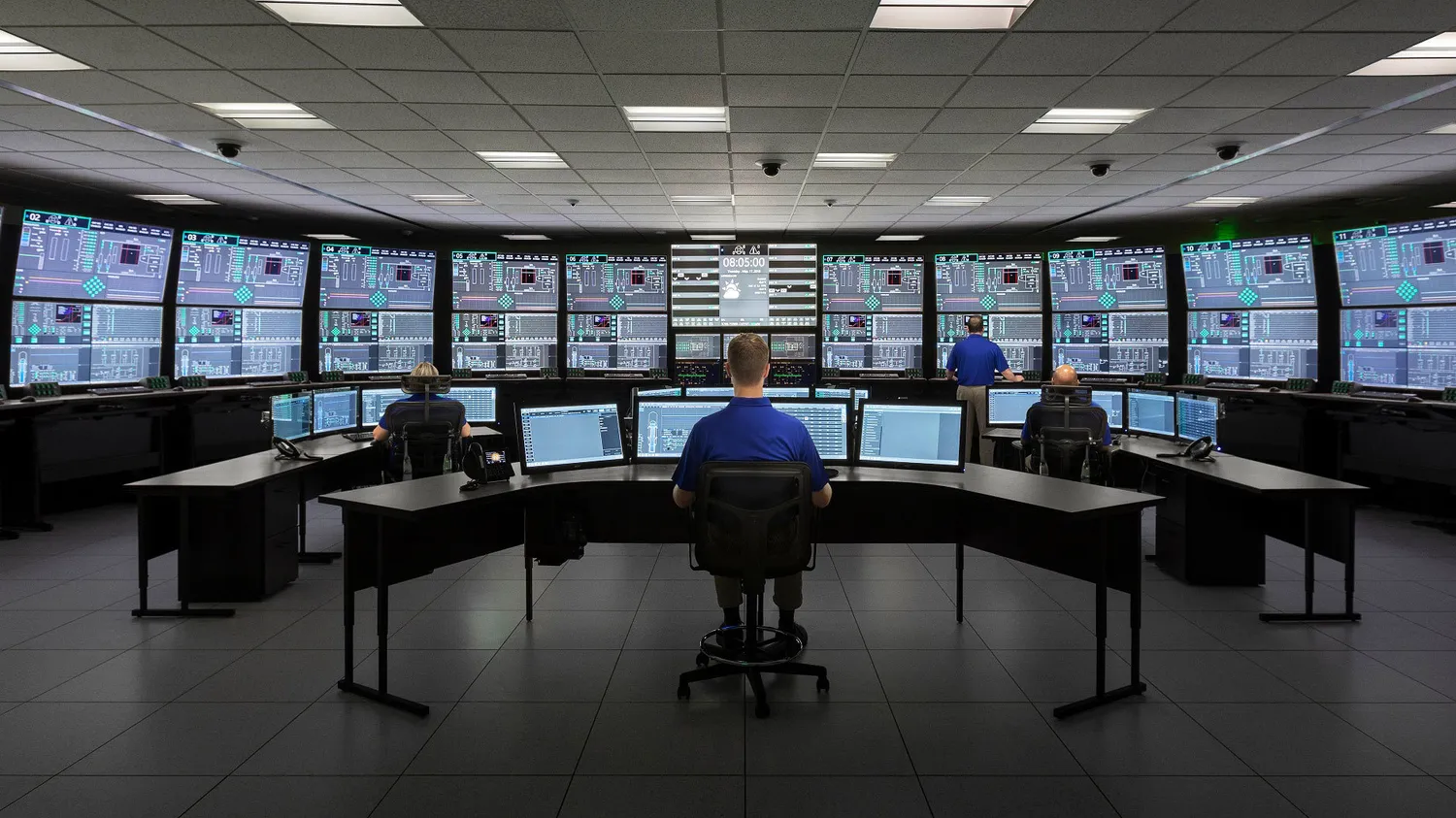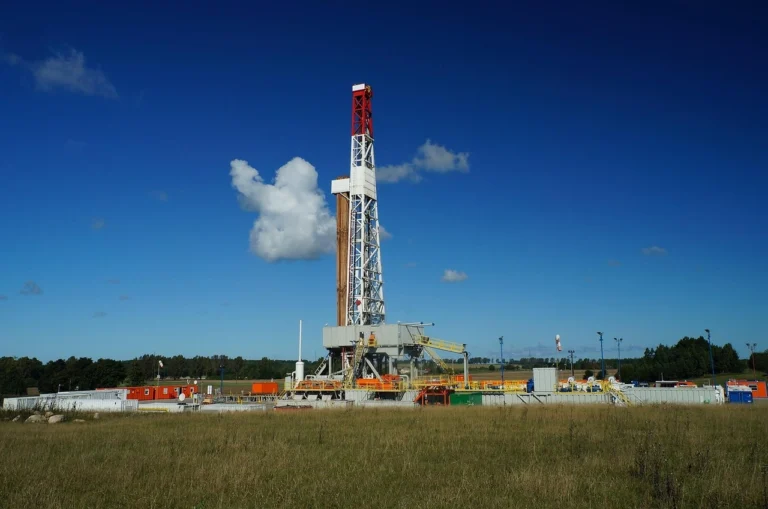
NuScale Power and South Carolina State University Launch Advanced Energy Exploration (E2) Center to Train Future Nuclear Professionals
NuScale Power Corporation (NYSE: SMR), a global leader in advanced nuclear technology and the provider of cutting-edge small modular reactor (SMR) systems, has announced the official opening of its latest Energy Exploration (E2) Center™ at South Carolina State University (SC State). This initiative marks a significant step in preparing a new generation of students and professionals for the growing demands of the clean energy sector, particularly in the field of nuclear power.
The launch of the E2 Center at SC State represents the 10th such facility established by NuScale around the world. These centers are designed to create immersive, hands-on learning environments where users can engage with simulated control room experiences of a NuScale SMR power plant. For students, educators, and even community stakeholders, the E2 Center provides a unique opportunity to better understand nuclear science and engineering principles in a realistic and engaging way.
A Leap Forward in Workforce Development and Nuclear Education
The newly opened E2 Center at SC State features a state-of-the-art, 12-module control room simulator. With advanced computer modeling technology, the simulator mirrors the operations of a real NuScale SMR facility. Participants can step into the role of a control room operator and interact with the digital systems that monitor and regulate a nuclear plant’s key functions. From adjusting power output to responding to simulated safety scenarios, users will experience firsthand the decision-making challenges faced by real-world nuclear engineers and technicians.
By giving students this kind of practical exposure early in their academic careers, the E2 Center fosters a deeper understanding of nuclear technology, plant operations, and energy systems. Moreover, it provides critical preparation for careers in nuclear power generation, nuclear safety, regulatory compliance, and research and development. The simulator also aligns well with SC State’s academic programs in engineering, science, and technology, creating new learning pathways and enhancing interdisciplinary collaboration.
According to John Hopkins, President and Chief Executive Officer of NuScale Power, this initiative is part of a broader strategy to invest in nuclear workforce development. “We are excited to partner with SC State on our 10th E2 Center, helping to build a strong workforce of nuclear energy innovators,” Hopkins said. “As clean, reliable power demand grows, so does the need for skilled professionals. This facility will offer students practical experience, problem-solving skills, and the expertise to advance clean energy solutions.”
Empowering Historically Black Colleges and Universities (HBCUs)
The establishment of the E2 Center at SC State is particularly meaningful because it enhances the educational infrastructure of a historically Black college and university (HBCU). HBCUs play a crucial role in shaping the future of STEM education and ensuring that underrepresented groups have access to opportunities in high-impact fields like nuclear energy.
SC State President Alexander Conyers underscored this importance in his remarks: “This is an exciting moment for SC State. The NuScale Energy Exploration Center gives our students a front-row seat to the future of clean energy. It’s not every day you get to bring a virtual nuclear reactor into the classroom. That kind of access can spark curiosity, open career paths, and change lives.”
President Conyers also highlighted the broader significance of the partnership. “This collaboration brings world-class tools to our campus, supports our growing research mission as an R2 institution, and underscores the vital role HBCUs play in driving innovation across the country. It also strengthens our pipeline for workforce development with partners like the Battelle Savannah River Alliance, preparing our students to lead in one of the nation’s most critical industries.”
The integration of the E2 Center into SC State’s academic infrastructure aligns with the university’s status as a growing research institution. The center is expected to bolster faculty research, attract grant funding, and support innovative teaching methods that further enrich the student experience.
A Transformative Educational Experience
The hands-on learning enabled by the E2 Center is more than just technical training—it’s a transformational academic experience. Students will be able to explore complex systems, analyze data in real time, and develop the critical thinking and decision-making skills that are essential in the energy industry. This kind of training fosters not only technical competence but also leadership, adaptability, and confidence—traits that are vital for future energy professionals.
Dr. Frederick Evans, SC State’s Provost and Vice President for Academic Affairs, emphasized this point: “The NuScale Energy Exploration Center is a game changer for SC State. It will allow students to safely explore complex systems, gain hands-on experience, and develop critical thinking skills in a realistic, immersive environment. This kind of innovative training not only deepens understanding but also prepares students for the workforce and inspires the next generation of nuclear scientists and engineers.”
Moreover, the E2 Center will serve as a valuable resource for the broader community. The facility will be open for tours, demonstrations, and outreach events aimed at educating K-12 students, local leaders, and the public about the importance and safety of nuclear energy. This community-facing role is a critical part of NuScale’s broader mission to increase public awareness and support for nuclear power as a clean, safe, and sustainable energy source.
Expanding the Global E2 Network
The SC State E2 Center joins an established global network of Energy Exploration Centers supported by NuScale. Other university partners include:
- Idaho State University
- The Ohio State University
- Oregon State University
- Rensselaer Polytechnic Institute
- Texas A&M University
- University of Nevada–Las Vegas
- University Politehnica of Bucharest (Romania)
- Ghana Atomic Energy Commission
- Seoul National University (South Korea)
Each of these institutions plays a vital role in regional and international nuclear workforce development. By sharing best practices, curricula, and research findings across this global network, NuScale is fostering a collaborative learning ecosystem that benefits students, faculty, and industry professionals alike.
The launch of each new E2 Center signals NuScale’s ongoing commitment to workforce development and international collaboration in clean energy technology. As the global demand for carbon-free, base-load power grows, so does the need for a new generation of nuclear energy professionals who are prepared to operate, manage, and innovate within increasingly complex energy systems.
A Vision for the Future
Looking ahead, the opening of the E2 Center at SC State is more than a milestone—it’s a strategic investment in the future of the nuclear energy industry. With increasing global interest in SMR technology due to its scalability, cost-effectiveness, and low-carbon footprint, institutions like SC State will play a crucial role in training the talent needed to meet the energy challenges of the 21st century.
NuScale’s small modular reactors are designed to be safer, more flexible, and easier to deploy than traditional nuclear plants, making them ideal for a wide range of applications, including powering remote communities, supporting industrial facilities, and integrating with renewable energy sources.
By providing hands-on access to these technologies through its E2 Centers, NuScale is helping bridge the gap between academic education and practical industry experience. The result is a well-prepared, diverse, and highly skilled workforce capable of driving innovation in nuclear energy for decades to come.
As SC State students and faculty begin to explore the capabilities of their new E2 Center, they join a growing community of global learners working to solve one of the most pressing challenges of our time: building a clean, reliable, and resilient energy future.







